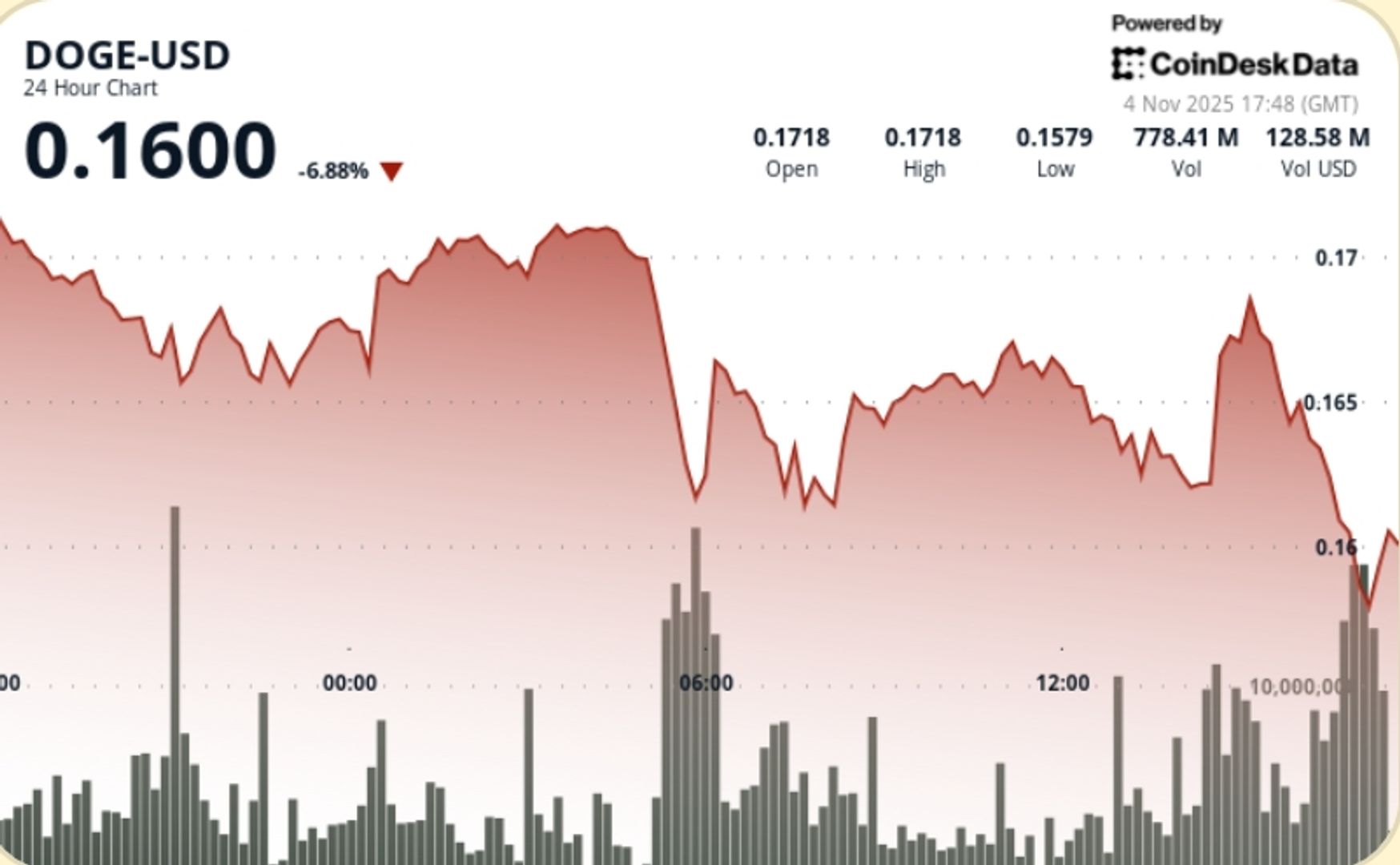The Commodity Futures Trading Commission (CFTC) is considering significant adjustments to its regulatory framework by potentially recognizing foreign cryptocurrency platforms under United States regulations. This move is an acknowledgment of the rapid expansion of global cryptocurrency exchanges and the growing need for these entities to access the U.S. market efficiently. By bringing foreign operations into alignment with domestic regulations, the CFTC aims to foster smoother compliance and cooperation between U.S. and international players.
Why Act on Foreign Platforms?
A worldwide increase in cryptocurrency adoption has prompted a reevaluation from U.S. regulators on how they engage with overseas crypto exchanges. The CFTC is responding to calls for cohesive oversight amidst a rapidly evolving international market. By considering platforms that align with stringent international standards, such as the European Union’s Markets in Crypto-Assets (MiCA), the CFTC is looking to bolster market surveillance and enhance access for participants.
What Benefits Come with Compliance?
Allowing foreign platforms that adhere to U.S. requirements could streamline cross-border dealings, paving a quicker path for these exchanges to interact with U.S. traders. This shift might create a more supportive environment for collaboration between U.S. and foreign crypto market stakeholders, bypassing potential delays from waiting on fresh legislative measures.
“We aim to provide a clearer pathway for compliant foreign venues to serve U.S. participants,” stated Acting CFTC Chair Caroline D. Pham, emphasizing the agency’s proactive stance.
Increased collaboration on cryptocurrency oversight can help align U.S. market regulation with that of foreign exchanges, promoting transparency and market integrity. Consequently, aligning international platforms with U.S. regulations could prove advantageous for businesses and consumers alike, offering a wider selection of options and potential cost reductions.
“This move signals closer coordination on spot crypto oversight between U.S. market regulators,” Pham noted, pointing towards a potentially more stable regulatory framework.
A strategy that integrates foreign platforms into U.S. standards could serve as a template for other countries keen on harmonizing domestic and international market interests.
As these regulatory shifts take shape, the industry closely watches their impact on the U.S. and global regulatory environments. These changes could influence market configurations and determine how both new and existing crypto platforms establish themselves globally.
- Enhances international platform access to U.S. markets.
- Promotes rigorous regulatory alignment with international standards.
- Facilitates smoother cross-border operations and business growth.
The CFTC’s exploration signifies a broader attempt to unify global regulatory frameworks, underlining the importance of cross-border regulatory collaboration. As this trajectory unfolds, market participants worldwide will monitor its effects on the future operations and regulation of the crypto market.
Disclaimer: The information contained in this article does not constitute investment advice. Investors should be aware that cryptocurrencies carry high volatility and therefore risk, and should conduct their own research.
















 English (US)
English (US)